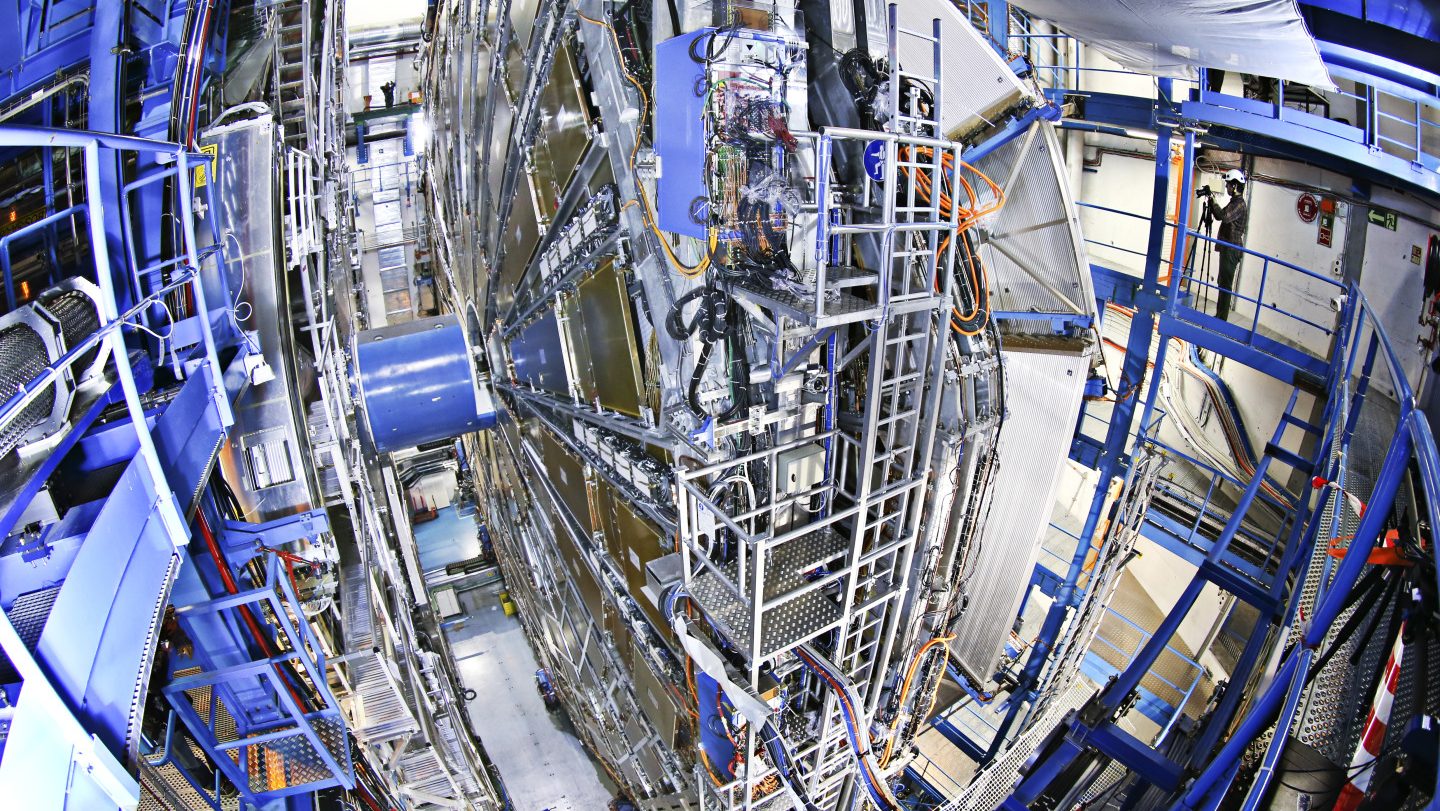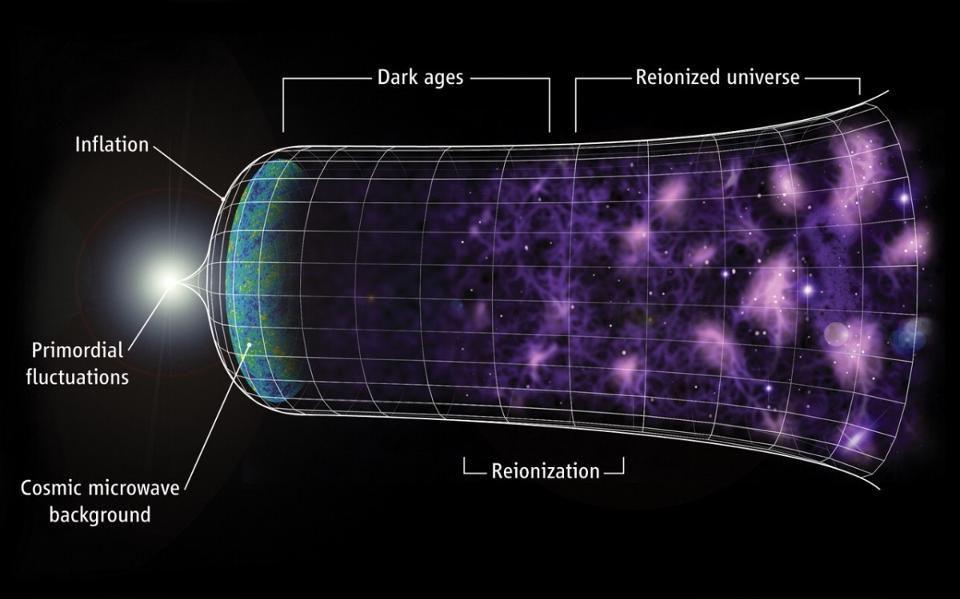Why Living in the Moment is Not Possible

Article written by guest writer Rin Mitchell
What’s the Latest Development?
Based on a recent study, scientists observed “neuronal correlates of metacognition,” which are responsible for cognition and the frontal cortex, to learn where it occurs in the brain. Participants had performed visual decision-making tasks involving a flashing light and were asked to “pinpoint where the dominant light appeared.” There are three frontal regions of the brain researchers have identified: the frontal eye field, the dorsolateral prefrontal cortex, and the supplementary eye field (SEF). After the study, scientists found that “the putative metacognitive activity that linked decisions to bets resided exclusively in the SEF.” The SEF area is linked to the motivational side of one’s behavior, so when something is going good in a person’s life at the present moment the neural activity functions high in SEF. People tend to compare what is going on in the present moment to past decisions and events—making them feel as if they are finally living in the moment.
What’s the Big Idea?
The term “living in the moment” is an adage that simply suggests a person is in a good place in their lives, and their mind is solely focused on the exact moment and no where else. However, scientists say this is not the case because for people to know they are experiencing a really good moment in their lives they compare it to where they were and how they felt in the past. Through the study of metacognition, researchers are learning how “train of thought” process influences another.





